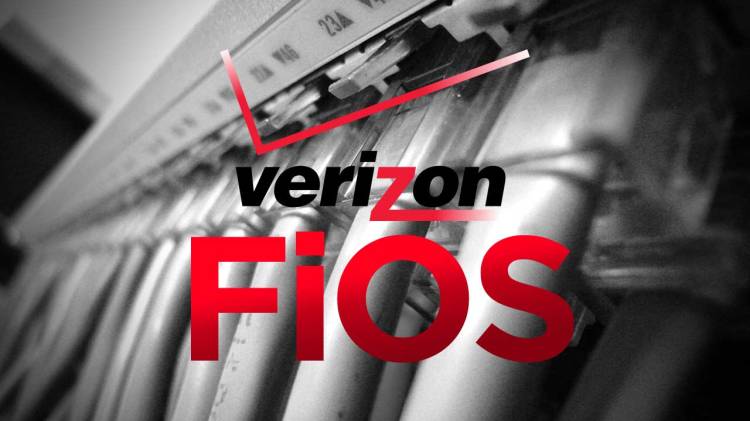The next generation of wired Internet is fiber-optic cable, and the speeds its capable of may change the way we consume games. One company is trying to position itself for that future.
Shinra Technologies is announcing today that it’s expanding the test of its cloud game-streaming service in North America. Previously, the service was open to try out for anyone with a Google Fiber connection in Kansas City — but now, Shinra is bringing it to Verizon FiOS subscribers in Texas as well. The beta test begins today, and it includes games like Tomb Raider, Deus Ex: Human Revolution, and Final Fantasy VII.
Cloud gaming, which works a bit like Netflix, requires a massive amount of bandwidth. That’s because gamers typically want a high-definition signal running at a high framerate, which creates a huge amount of data. But, as Shinra senior vice president Jacob Navok points out, raw speed isn’t everything.
“Bandwidth is improving in the United States, but latency and stability are still a problem for that last mile to the home,” said Navok. “Even if you have 100mbps download, when you’re sharing that with the neighborhood, you may have problems with framerate drops because packets get lost in the shuffle. We benefit greatly from Verizon FiOS’ fiber to the home.”
Fiber’s reduced latency means that most people using cloud gaming won’t see any lag between when they press a button and when it appears on the screen. If you do see lag, that’s likely due to one or two main reasons.
“The bottlenecks are the remaining two places that the ISP doesn’t necessarily effect: the normal network congestion out of the datacenter and your router and Wi-Fi in the home,” said Navok.
But, of course, we’re still waiting on fiber to reach most consumers in the U.S. Shinra, however, thinks that the kind of content it is delivering could fuel that adoption both among customers and ISPs.
“I lived in Japan for a long time and was coming home to a fiber network as early as 2005,” said Navok. “I would love to see greater growth of fiber now that I am back in the U.S.; by improving America’s fiber network, we can set the groundwork for continued innovation.”
Navok points out that this is about way more than gaming. We’re coming to a point where everything — cars, washing machines, refrigerators — will have an Internet connection, and latency could make those shiny new devices actually perform worse than they did before they had a Wi-Fi connection.
“I believe passionately about this,” he said. “I have Verizon FiOS in my own home, and we have two Verizon FiOS lines in the Shinra Technologies office in New York.”
VentureBeat's mission is to be a digital town square for technical decision-makers to gain knowledge about transformative enterprise technology and transact. Learn More

